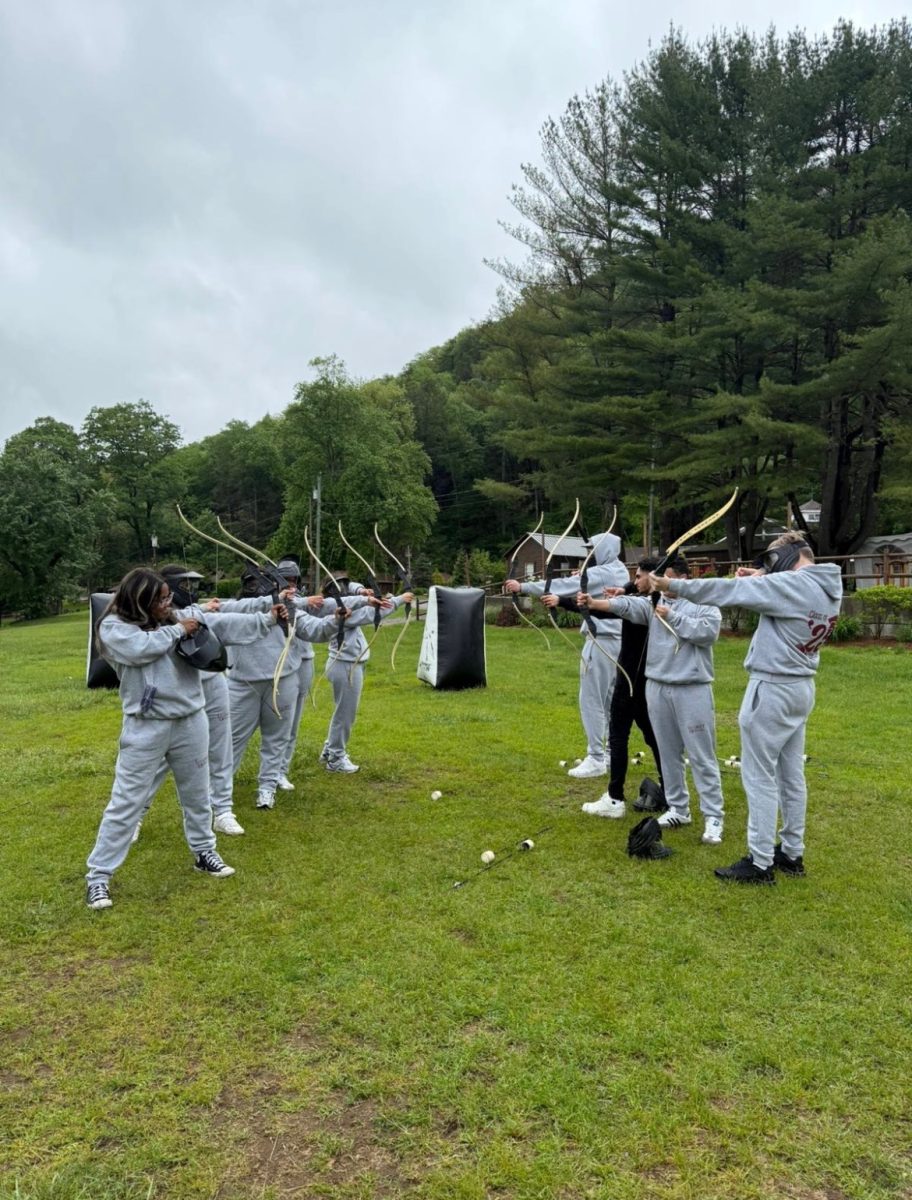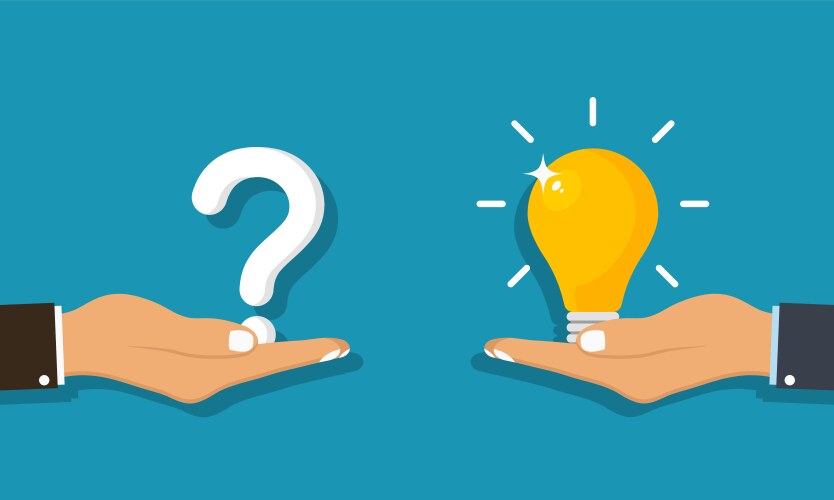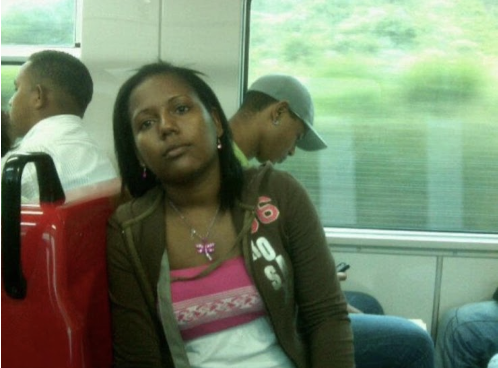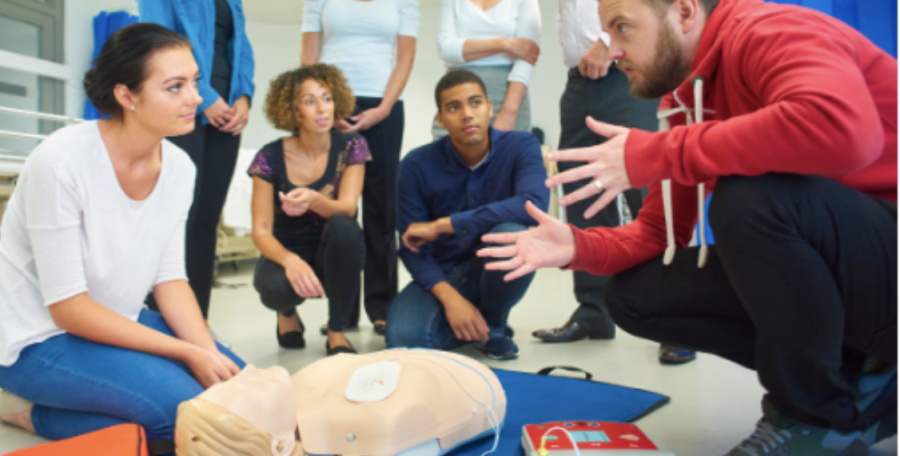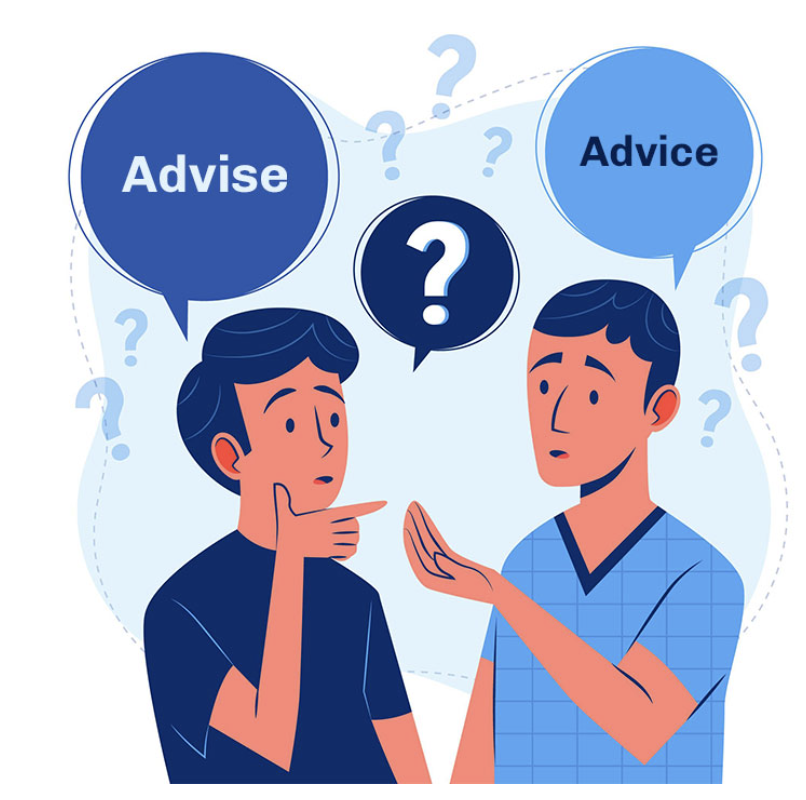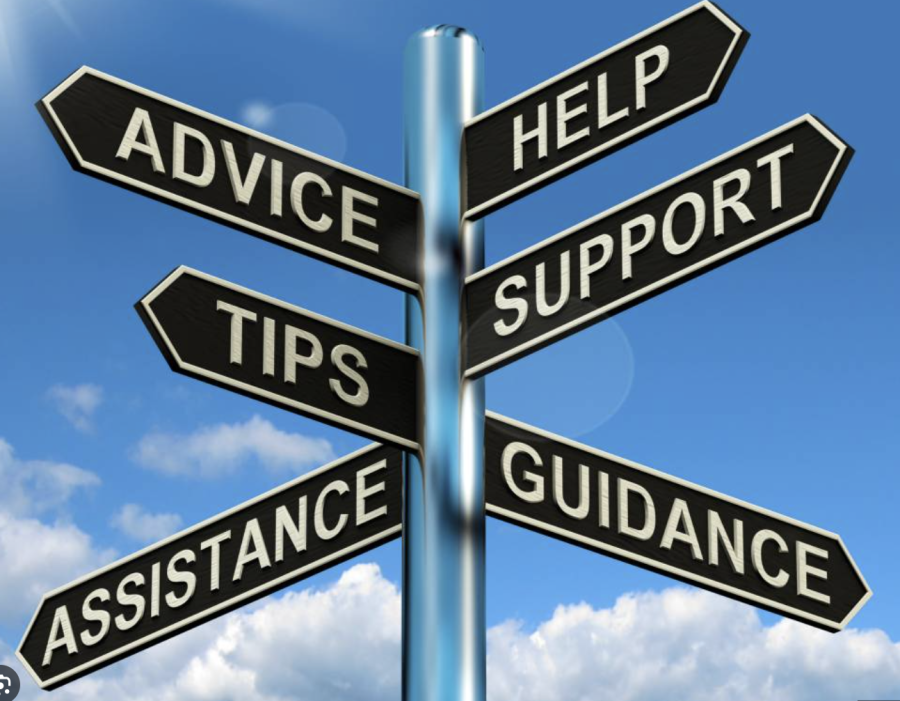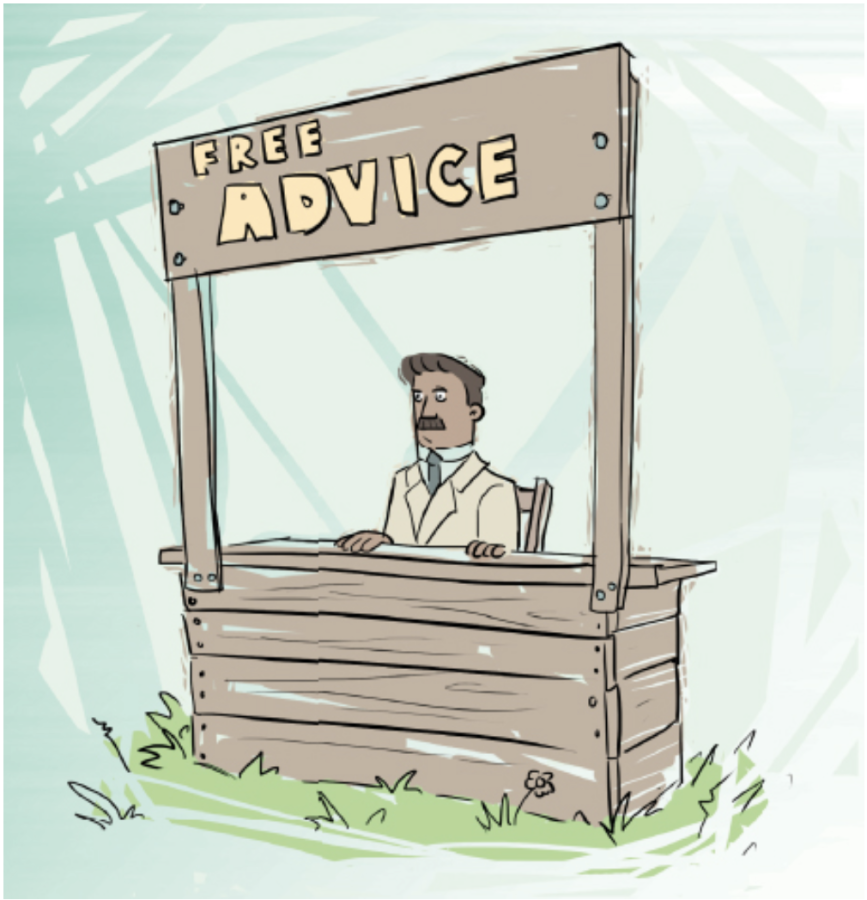Music, the thing that makes us see through the wall. The rhythm, the bars, the melody… Those are things that grab our brain into a world where anything can be interpreted as the way we want, and just like books, music creates an opportunity for the listener to imagine a world built through the artist’s ideas and concepts. In current times, we have platforms like Spotify, or Soundcloud that helped in revolutionizing the ancient cassettes of the 70’s and the CDs of the 2000’s, which shaped the idea of a service for listeners to get music easier than ever before. And by the time social media started growing, people were starting to be more connected and could share ideas, similar tastes, and interpretations of music. As we are dominated by technology and social media, I interviewed friends, adults, and elderly people from New York City to investigate how this era of music influences people, and how it relates in connecting with others.
Let’s start with the Gen Z world. This audience witnessed an era of Music that exploded the levels which creativity can reach out to, and I’m talking about the 2010’s. This era highlighted the rise of Hip-Hop, considered the most popular genre in the world right now. Expanding the capacities of themes and sounds that made the genre and culture reach new barriers no one would have thought before. From rage and rebellion, with PlayboiCarti and Lil Uzi Vert, to artistic vision and powerful messages with Kendrick Lamar and J. Cole. This genre shaped an entire generation of people who are looking for a medium to raise the voice of youth, to make themselves feel that they’re heard. Hip-Hop, a movement that confronts, understands, and listens to what anyone has to say is a lifestyle that inspires everybody. No matter what color, race, religion, or culture, it’s a form of acknowledging what’s wrong with our world right now, to expose the frightened and hearted truth of it and make it transparent for everyone. That’s why Diego Garcia (a friend of mine) has a vision of music throughout this genre, that helps him to “get over anything,” as he says, because it “creates a connection with the listener by how easy it is to relate to the songs.” This helps him form an answer to the puzzle, and figure out how the answer leads to other questions about the world we live in. This, in turn, helps us embrace our vision and share it with others, so we can find elements of unity and authenticity through our day to day.
Music is like waves. You flow with it. This is the form of connection Colombian people from the north coast use to describe music. Genres like salsa, vallenato, or champeta are responsible for the thousands of afternoons waiting for the sun to go down on a Sunday, where anything in life could seem so far from the tremble of Monday. This sentiment can be very present in children, with no worries, or responsibilities, where the worst part of the day is going to sleep. As you grow up, you approach this with nostalgia and wishing for it to come back. Music helps in shaping the person you are today and even reminds you of the importance of your loved ones. That was how Erika Baldiris described her Dad, who sadly passed away some years ago, as she states, “I like genres like champeta or salsa that come from the roots of my city, Cartagena. Especially salsa because it reminds me about my Dad, who introduced me to this genre since I was little.” This reflects the importance that music plays in our lives and can be the gasoline for the whole week. Reminding us that they’re up in the sky looking at us, where they look at us with pride and tell us with every sight to keep going.
And as music can be in waves, it can be rageful, intense, and overall, very emotional. For example, Hard Rock. A subgenre of Rock specialized with all the elements of Rock but taking it to a more aggressive sound with lyrics that push one’s emotions, led by artists like Led Zeppelin, AC/DC, and Metallica. All of this started with one song, which was released in 1965 and changed the way of making music forever by the one and only Bob Dylan, who dropped “Like A Rolling Stone” with a 6-minute duration, electric instruments, a band, and heavy lyrics. With Dylan’s craftiness, the song was an absolute hit, that changed the way music was made and pushed rock and roll to become the voice of a disconnected youth. Probably without this song, modern bands like Deftones and Linkin Park wouldn’t exist or would have been late to shine on the stage. Dylan is one of the people responsible for more emotional and intense songs. Sebastian Cuevas, an elderly man, has a very special connection with Hard Rock and Heavy Metal. He says it helps him to “cope with emotions on many occasions,” which can be related to the earlier sentiment of music helping to “get over anything.” It serves as a tool of relieving deep sentiments of pain, happiness, and sadness. Music can be an oasis ready to play in one night and forget everything else, an escape from what we’re afraid of, from what we avoid, and gives us hope.
